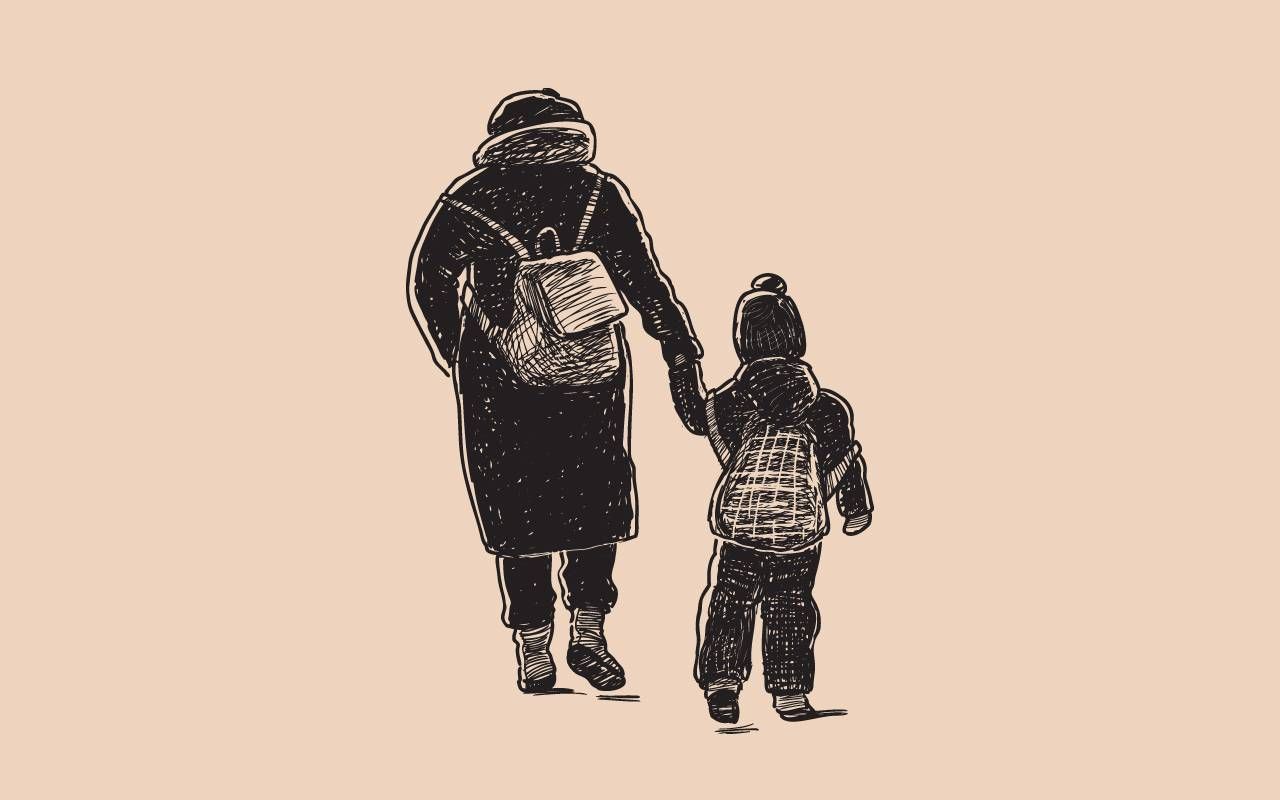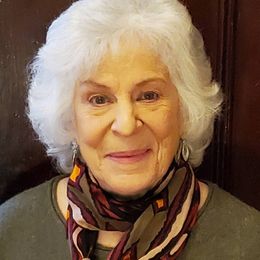Reflections of an Activist at 80
A conversation with her 9-year-old grandson has put into sharper focus the work she did to create change
As an educator, second wave feminist and activist, I have spent over 50 years working with others to make the world a more just and equitable place — to undo racism, to achieve equity in health care and to make gender justice a reality.

Now that I am turning 80, I'm seeing a lot of the positive changes of the last decades being threatened and undone. I find myself wondering what has really changed from all the work we have done over the years. It was only after I was interviewed by my 9-year-old grandson Odys as part of a school assignment that my legacy became clearer.
He said that "bullying" and "racism" were his major concerns. I must say I was impressed by his choices.
Social Issues Across the Ages
My grandson had a homework assignment to find an "old" person to see how the social issues are the same or different across generations. When we sat down to talk, I first asked him what social issues were important to him. He said that "bullying" and "racism" were his major concerns.
I must say I was impressed by his choices. He and his friends may not talk about bullying as an issue of power and oppression, but they know how it feels to be put down or attacked by others for just being who you are. For him, the issue of racism was also about being treated fairly and not out of fear or hate.
When he asked me what social issues were important to me, I shared that undoing racism was critical for me too. But how could I talk about reproductive justice with this inquisitive 9-year-old child? How could I talk about what has changed in our society's view of gender and gender roles? He knows people who identify as non-binary and his 6-year-old sister uses the term gender fluid and knows what it means. Very different times.
We talked about how his mother and father both worked and shared parenting him and his sister, but it wasn't always that way. I told him that it was so extraordinary that his grandfather and I both worked and shared parenting that we were interviewed for a book about non-sexist childrearing. We had also made a film called "Sugar and Spice" about how boys and girls could grow up without the rigid restrictions about how they are supposed to act and what they could do.
What he had taken for granted was the result of many people working many years to change the way men and women related to each other.
We went on to start our own licensed parent-run day care center and helped other families to start similar centers around the city.
He went to a parent-run community day care from the age of two. This had allowed both his mother and father to work full time knowing he was well taken care of during the day. I explained that this too, wasn't the way it was a generation ago. I told him that when his father was that age, there were basically two systems: day care run by the city that served working families who couldn't afford to pay, and another private solution or expensive nursery schools for those with resources. Basically, the two systems were divided by income and race.
When he asked me to tell him a story about how I tried to change this, I told him how we demonstrated and protested but also tried to create the change we wanted to see. Before his father was born, when his aunt was very young. his grandfather and I had taken over a deserted building on the Upper West Side in New York City and converted it into a free day care center.
It didn't last very long but we went on to start our own licensed parent-run day care center and helped other families to start similar centers around the city — including the one he and his sister had attended. That made him smile.
I told him how a group of parents and children (including his aunt when she was 2), got arrested for "sitting" in the city government office that ran day care demanding educational full-day programs be available for children under five regardless of race or income. He had never heard of being arrested for demanding change.
Of course, as a group of about 20 adults and children all under five, we weren't kept very long at the police station, but it was one step towards the eventual change in the system we wanted to see. He understood that day care has become more accessible and he attended a public school that had preschool programs for everyone, which is a fairly recent phenomenon.
Sharing My Message
After we talked about the issues that were important to me and what I did about them, his follow up question was about why these issues were important to me. I talked about how all this was to change the ways we relate to each other, to create better opportunities for all and a better way to live. He was actually familiar with words like "equality" and "justice" and we could talk about how much more we needed to do.
The real meaning of my life as an activist is not what I have done on any of the specific issues, but the realization that you can question the way things are.
We talked about how today there were still people who want to tell others what they could do with their own bodies; that the right to have children when you want and to raise them the way you want, is still not easy for all people, especially for families with less money, for people of color and for many people who recently came to this country — and it needs to be different.
I was lucky to have had this conversation with him. To share some of my experiences, to talk about how I had taken actions on all of these issues that were important to me. I talked about working with communities to make things better, to change what didn't feel right and to create things we all needed when they didn't exist. I think he got the message. I shared the book I edited about community-controlled day care and he brought it to school to show his classmates. They especially liked the photographs and drawings.
Talking with him, I realized that so much has changed and that my generation has made a difference. I shared this conversation and these thoughts with my son and daughter-in-law with appreciation and with hope that they will continue to have these conversations about freedom, equality and justice and to demonstrate by their actions that things can be better.
Granted, not every public-school 4th grade class will get this kind of assignment. He lives in a very progressive community in Brooklyn. Not everyone will have the opportunities for activism I have had, but there are always occasions to talk about the issues of inequity, racism, sexism, homophobia and xenophobia, if we look for them. If we see that our politics are in the way we talk to our children and grandchildren and in the ways we show we care for ourselves and others, things can change.
Rather than looking at any one thing my generation has accomplished, I saw that what he has inherited is the right — no — the need to keep asking the questions and making things better for everyone.
The real meaning of my life as an activist is not what I have done on any of the specific issues, but the realization that you can question the way things are. Working with others, you can have an impact, you can make a difference, you can make things better for everyone. This is really what the conversation with my grandson was about. This is what has given my life meaning. That is my legacy.

Read More

